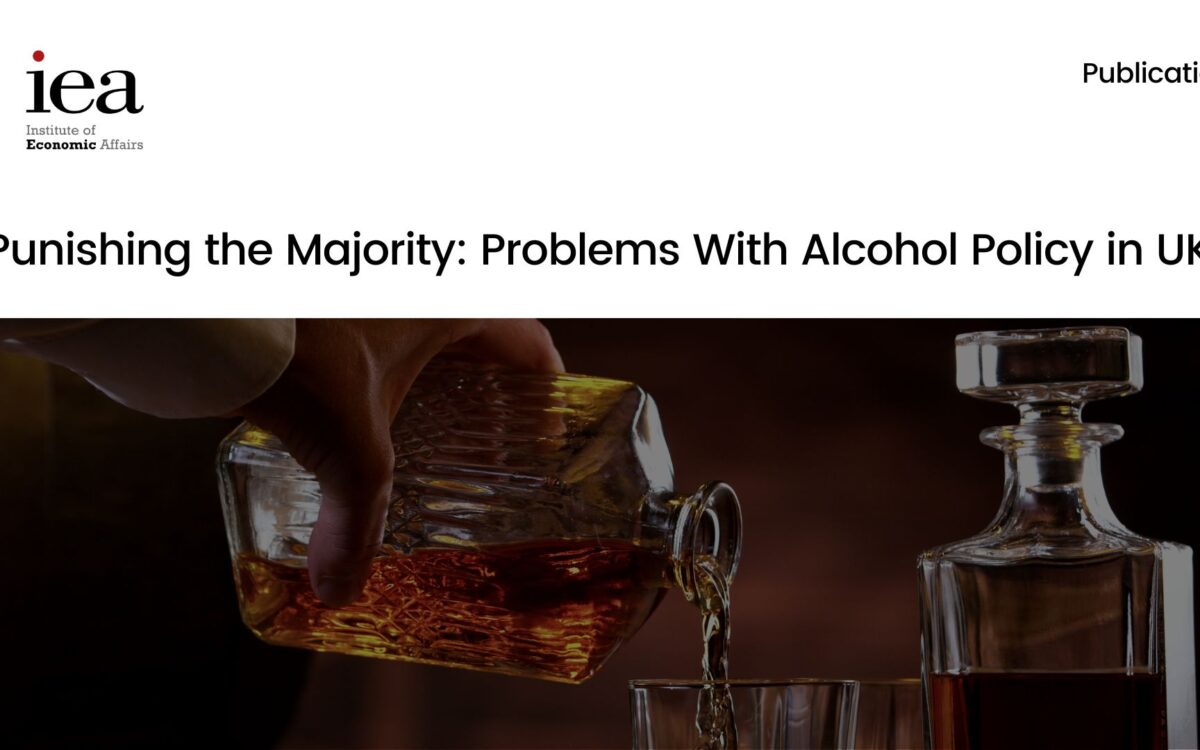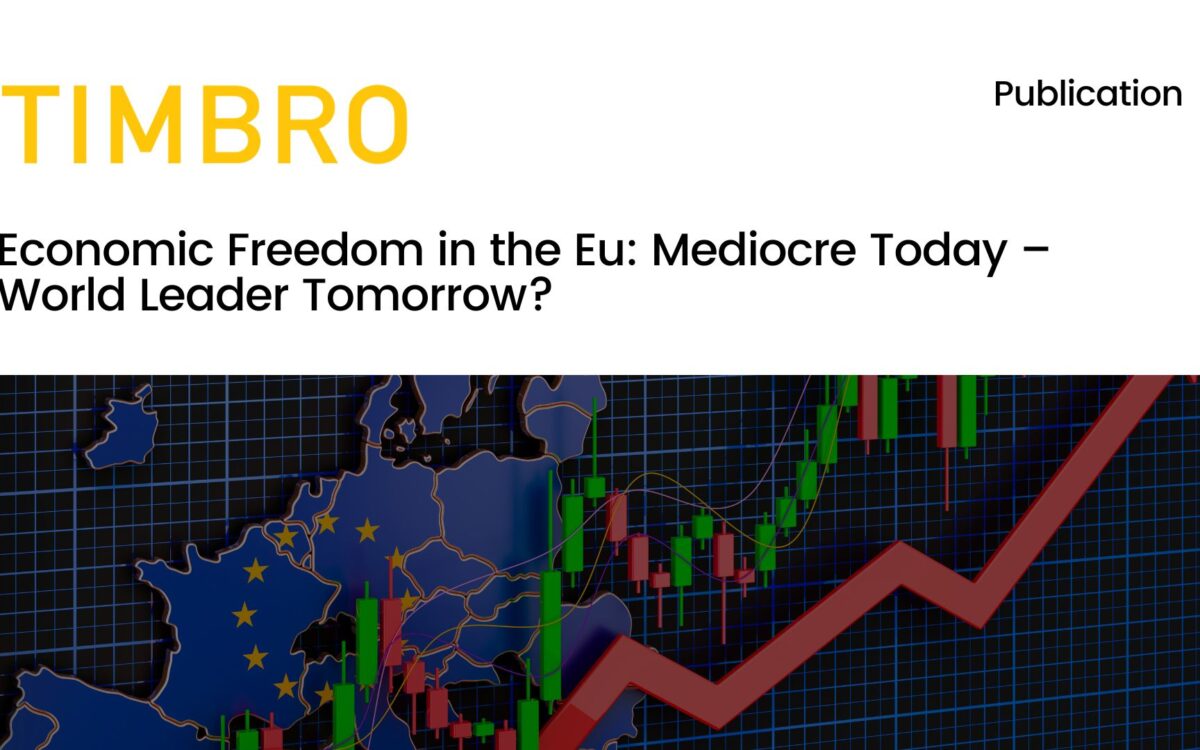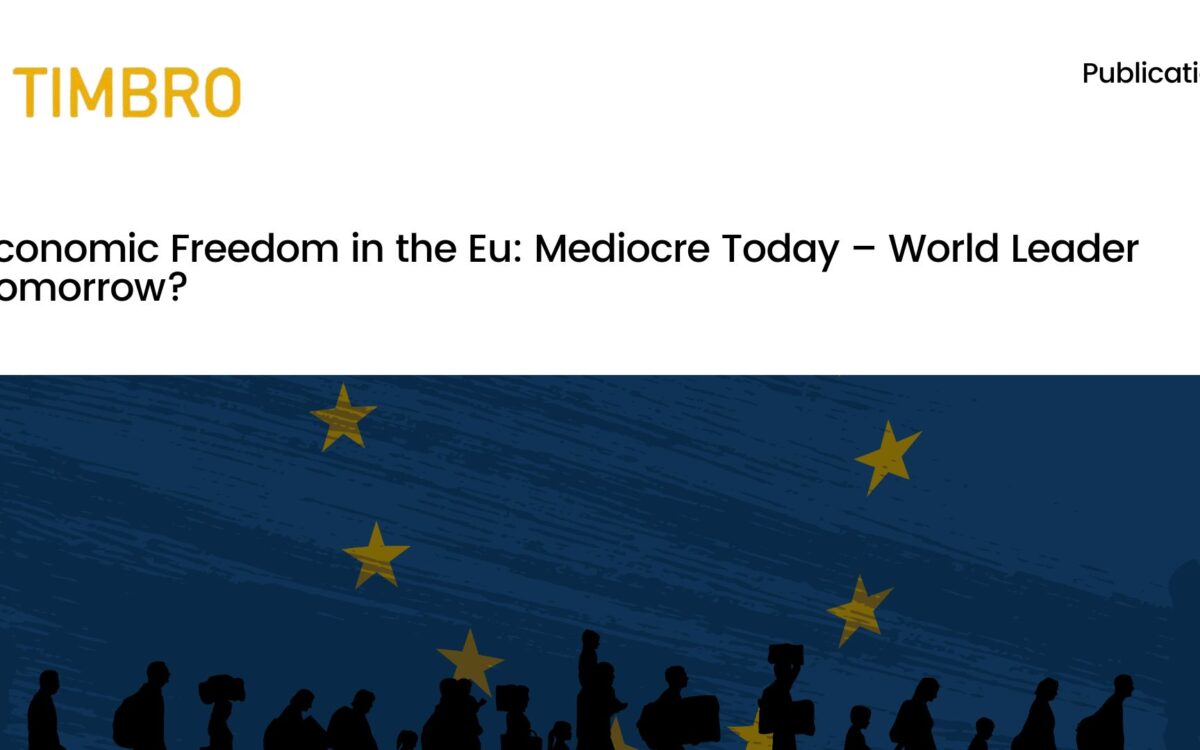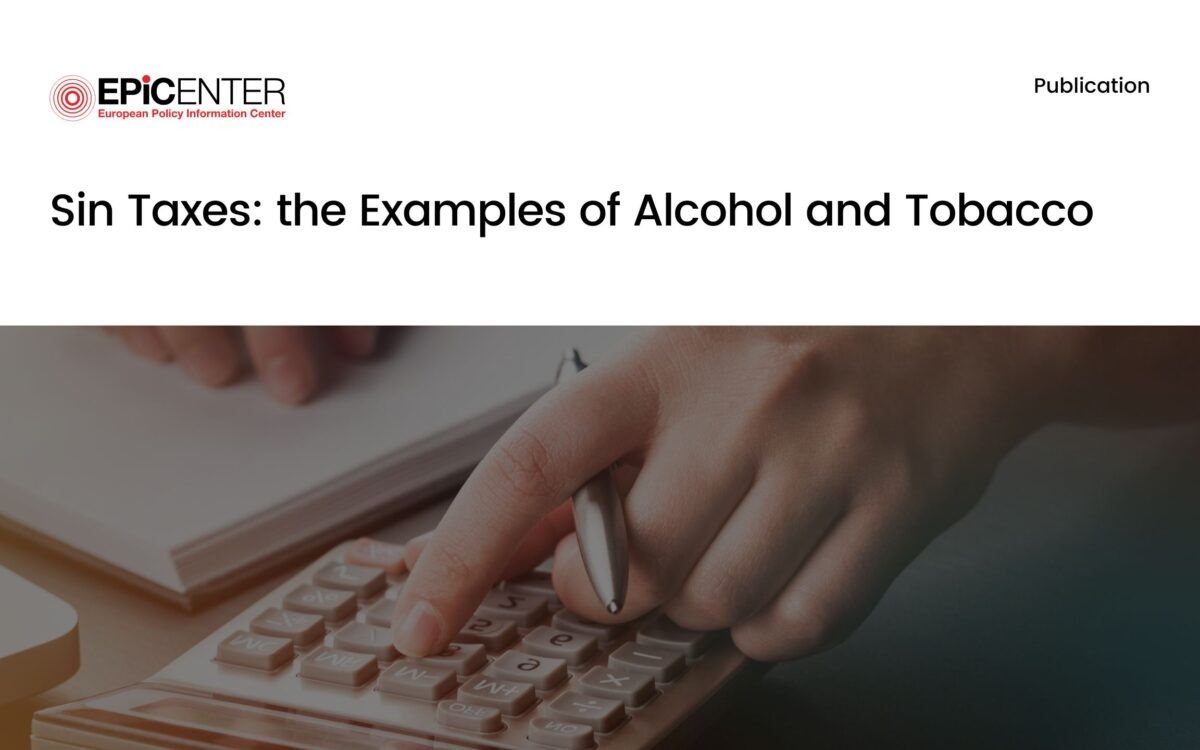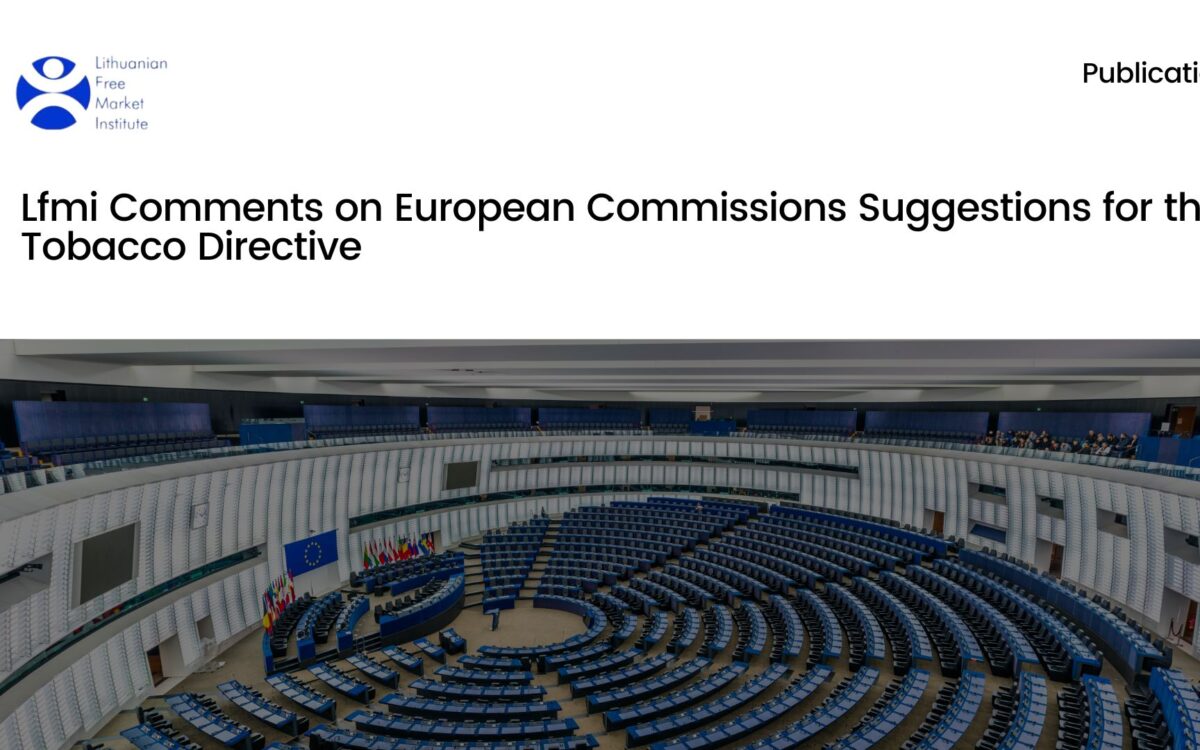June 1, 2014
Alcohol policy in Britain and many other countries aims to reduce per capita alcohol consumption in the belief that this will inevitably reduce heavy and harmful drinking. The cornerstone policies of this approach are advertising bans, licensing restrictions and higher taxes.
